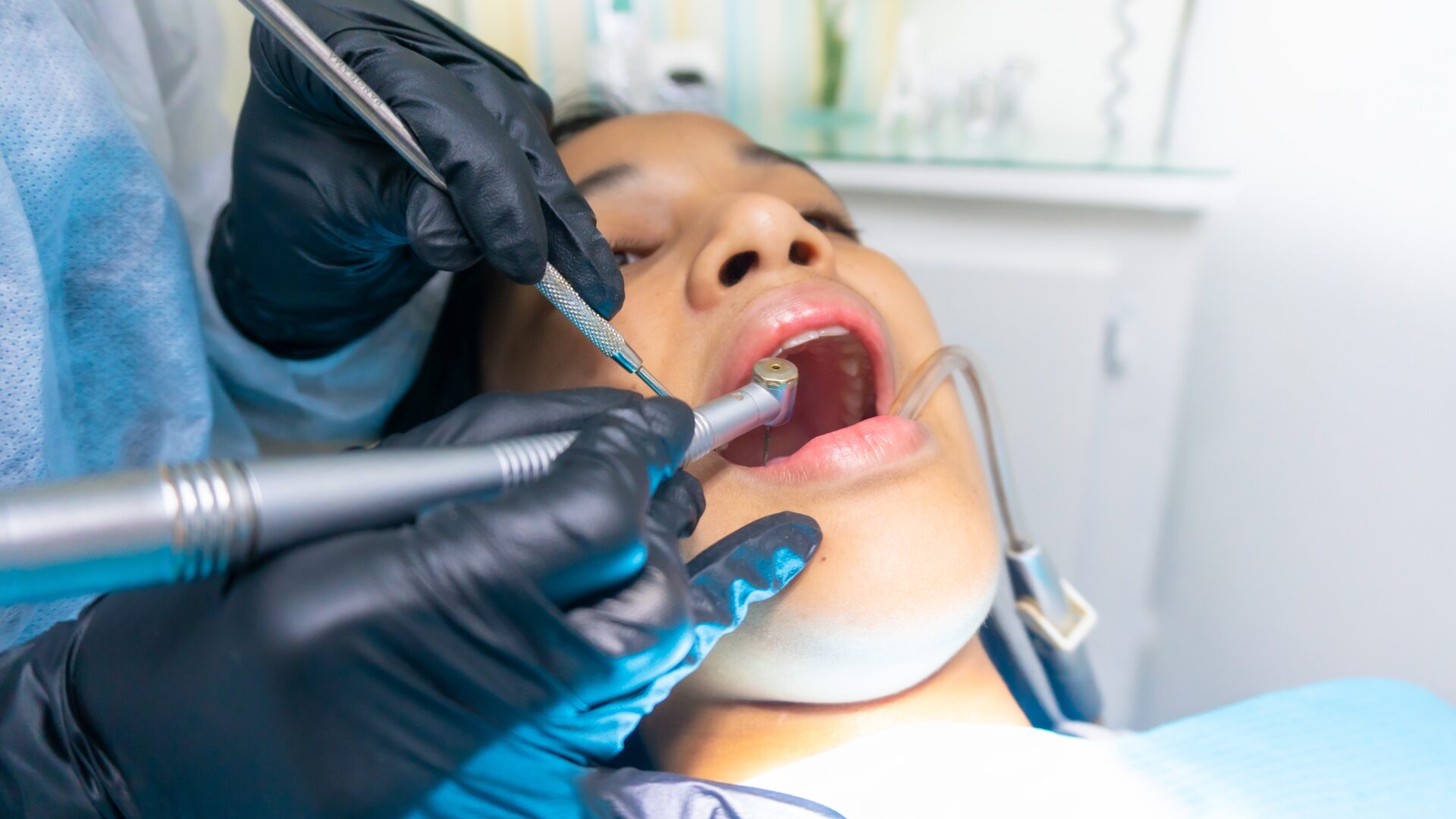Having a gap in your teeth can have a massive knock on your confidence. It can make you feel self-conscious when speaking to people and can even affect your ability to bite or chew making simple things like eating seem like a dreaded chore. Fortunately, there is a solution to this that will not only bring back your wonderful smile but also make eating and drinking satisfying once again. Dental implants Teddington replace missing teeth with natural looking, permanent dental crowns that make your smile look perfect again.
What are dental implants?

Dental implants are titanium screws that are positioned directly into your jawbone in order to act as a replacement for your missing tooth root. After a dental implant is fitted in, the bone surrounding the implant gradually begins to fuse to it thus holding it definitely in place. Once it is in place, the implant acts like a tooth root, with its primary function being to support a denture or crown on top of it.
Why are dental implants a good option for me?
In recent years the number of people getting dental implants has skyrocketed. It comes with no surprise that dental implants are becoming so popular, considering the benefits of having them are never-ending. Here are just a few reasons why you should consider opting for dental implants over traditional removable dentures:
- Permanent – dental implants are a permanent solution to missing teeth as the titanium screws are surgically fixed into the jawbone. This is additionally secured by the process of the original bone gradually fusing to the implant and allowing it to function like a natural tooth root.
- Natural looking – dentures or dental crowns can be placed on top of the dental implant, thereby filling any gaps caused by tooth decay or extraction and making your teeth appear complete and more cohesive and improving your smile.
- Prevention of bone loss – when you lose a tooth, the gap carries out no activity as there is no longer a tooth present to chew food; due to this the jawbone beneath it begins to shrink due to no longer being stimulated by the root. With dental implants acting like natural teeth, your jaw will continue to be stimulated, and further bone loss will be prevented.
- Enjoying food again – missing teeth makes biting and chewing painful and difficult, especially foods that are quite hard like apples. Luckily, dental implants can restore the strength in your mouth, allowing you to go back to enjoying your favourite snacks and dishes without having to worry about feeling any pain or discomfort.
Can I definitely qualify for dental implants?
While dental implants are suitable for most people, there are a few exceptions based on your lifestyle habits, or any illnesses or conditions that you may have. This is because certain factors can have an effect on the way the dental implant treatment heals and how the rest of your mouth will respond to the treatment. Factors which may make you an unsuitable candidate for dental implants include:
- Smoking tobacco containing products – tobacco has been proven to delay the time it takes your body to heal after infections or procedures by impairing your immune system.
- If you have had radiotherapy around the jaw – radiotherapy destroys your white cells which are responsible for destroying bacteria. If you suffer an infection post-treatment, the infection may worsen or take a significantly longer period of time to heal if you have had radiotherapy around your jaw in the past.
- If you drink alcohol persistently and take recreational drugs
- If your diabetes is uncontrolled
- If you have active gum disease – if you suffer with periodontitis, your dentist will refuse to carry out a dental implant procedure until the periodontitis or gum disease is resolved or treated.
What is the process of getting dental implants?

The process of getting dental implants fitted into your mouth is a lengthy one which requires a lot of patience. It can take up to nine months for the bone to fuse to the implant however the results are definitely worth the wait. To put it simply, the process involves a consultation with your dentist to assess your suitability for the treatment, then progressing to taking x-rays of your teeth to come up with a treatment plan and to create a model of your existing teeth.
The x-ray will also confirm whether you require a bone graft before having the implants fitted in. The process is completed when the implant is fitted into the gap, and the area surrounding it is stitched up, allowing the bone to grow around the implant and fusing it to the jawbone.










